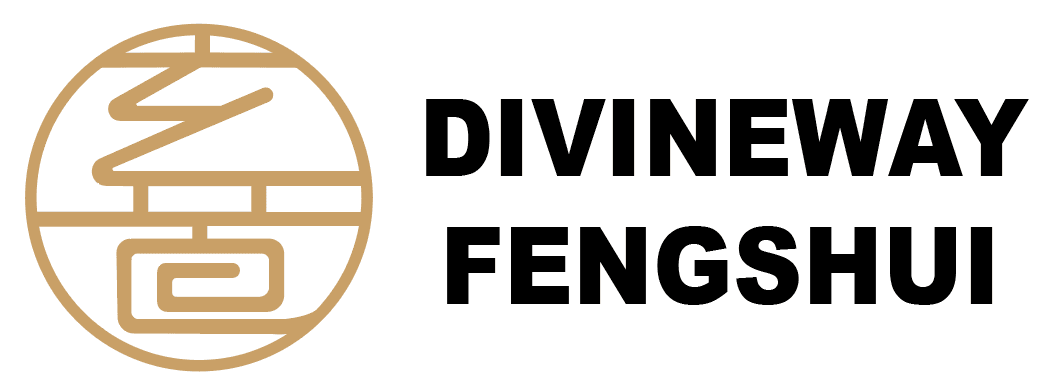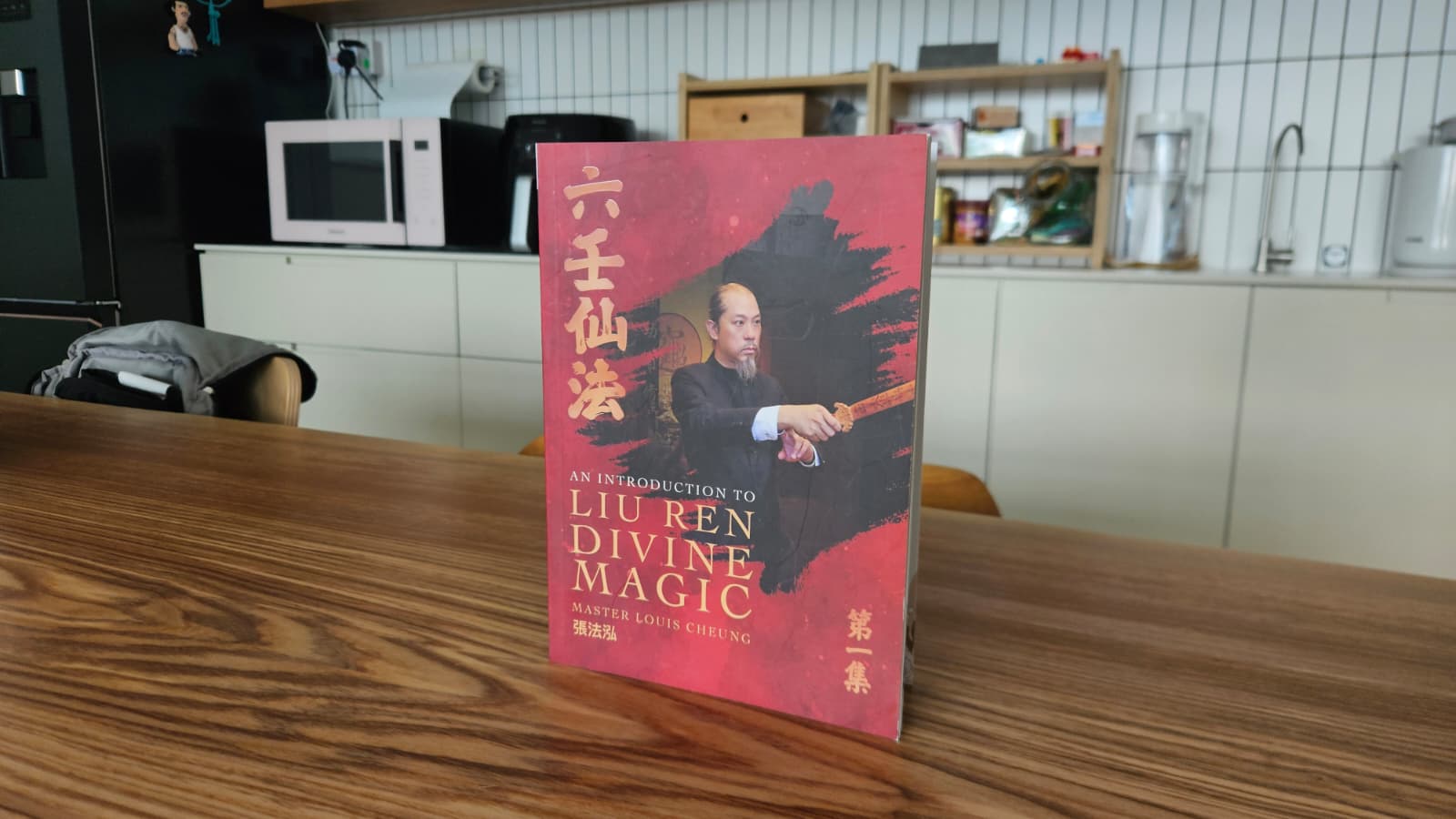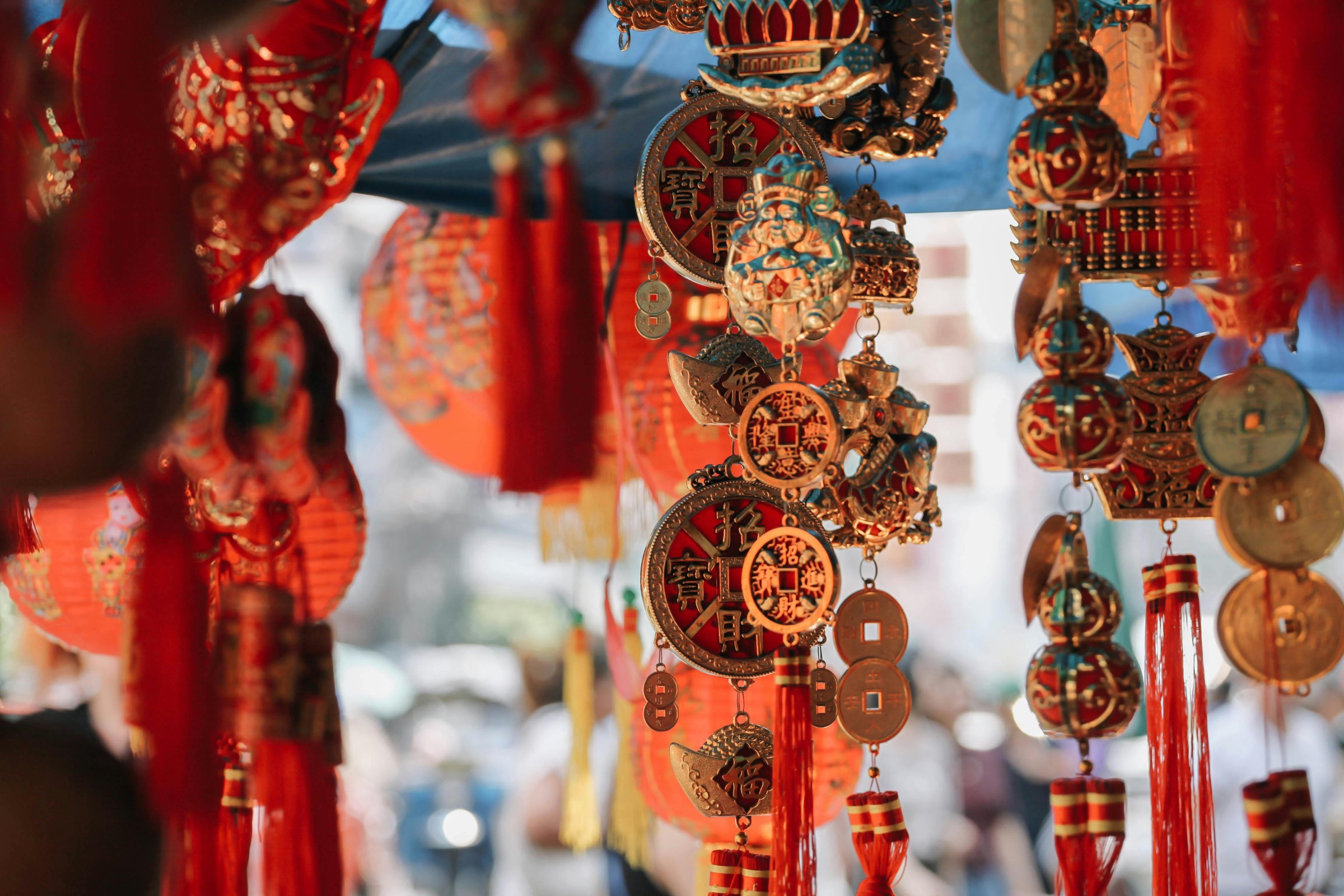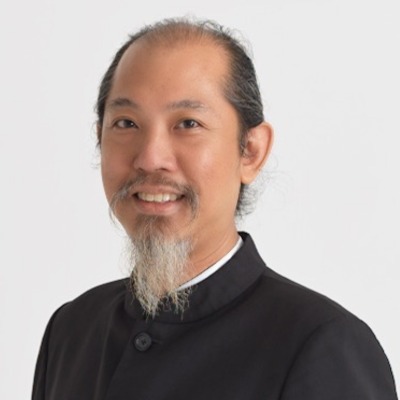Feng shui master consultations are common in Singapore, but not all practitioners offer the same level of expertise. In fact, an expert notes that a master’s guidance can “significantly impact the energy flow, or qi, of a space, influencing everything from health and wealth to relationships”. In other words, the right feng shui master truly can make all the difference in harmonising your home or office.
These masters often employ tools like the luopan geomancy compass to analyse a home’s layout and energy. During a consultation, they “examine the energy dynamics present” and give custom advice to enhance positive energy flows. In Singapore, masters tailor their recommendations to each client’s situation, so a good relationship and understanding is vital.
So if you’re wondering what to consider when engaging a professional, take a look at the criteria below so you can find the best Feng Shui master that will suit your needs.
What is Feng Shui and Why Consult a Master?
Feng Shui (风水) is an ancient Chinese art of spatial arrangement that aims to harmonise people with their environment. It is one of the “Five Arts of Chinese Metaphysics”, often described as the Art of Physical Inspection.
In practice, feng shui involves interpreting principles like Qi (vital energy), Yin and Yang balance, and the Five Elements to advise how a space should be organised for health and prosperity.
Feng Shui is one of five classic disciplines in Chinese metaphysics. In this scheme, Feng Shui is the “Art of Physical Inspection”, alongside arts of destiny (Ming), mountain (Shan), divination (Bo), and medicine (Yi). A skilled feng shui master often draws on this rich heritage when making recommendations. In Singapore’s multi-cultural environment, a knowledgeable master can integrate traditional teachings with modern living conditions – for example, advising on high-rise HDB flats or office layouts for balanced energy.
The Role of a Feng Shui Master
A professional feng shui master typically has years of specialised training and experience. They may have apprenticed under senior masters or completed courses in geomancy, astrology (BaZi, 紫微斗数), and related fields.
During a consultation, the master visits your home or workplace, takes measurements, and assesses the building’s orientation and layout. While doing this, the master “examines the energy dynamics present” and then offers tailored advice to enhance the flow of positive energy, aiming to improve harmony and success for the occupants.
Because Feng Shui is not a one-size-fits-all practice, personalisation matters. Each household has distinct goals and lifestyles, so a good master will adapt his or her remedies to suit your specific needs. In short, a capable feng shui master is not a mere salesperson – they are a consultant who listens carefully to you and applies deep geomantic knowledge to your situation.
Key Criteria to Consider
When choosing a feng shui master, focus on tangible qualities and red flags. Below are the main factors to guide your decision:
Credentials and Qualifications
Training and Certificates
A real feng shui master will have papers to show, such as course certificates or letters of recommendation.
Credible practitioners often have certifications from recognised feng shui schools or have studied under well-known masters.
You can even ask if they have attended any geomancy academies or international seminars.
Professional Affiliations
See if they belong to any industry bodies. For example, the International Feng Shui Association (IFSA) was founded in Singapore and the International Feng Shui Guild are professional groups that maintain standards.
Membership in such organisations can be a sign of a master’s commitment to ethical practice.
Specialisations
Feng shui is broad, so consider what type of expertise you need. Some practitioners focus on residential audits, others on business or feng shui for events (weddings, births).
It helps if the master is skilled in related disciplines. For instance, check if they offer insights in:
- BaZi (Eight Characters) astrology: analysing personal birth charts.
- Qi Men Dun Jia (奇门遁甲): the mystery art of timing auspicious events.
- Flying Star (Xuan Kong Fei Xing) feng shui: dealing with directional energy changes.
- Zi Wei Dou Shu (紫微斗数): Chinese destiny astrology.
A recent list of important specialisations suggests masters experienced in these areas may better address specific client needs.
Methodology and Approach
School of Feng Shui
There are many schools (e.g. Compass School, Form School, Flying Star). Ask which system the master uses and why. Be wary if they cannot explain their methods in simple terms.
Feng Shui has multiple schools of thought and practitioners vary widely in proficiency that’s why it is wise to interview a few masters to see whose approach resonates with you.
For example, some masters may focus heavily on compass readings, while others emphasise energetic cures or numerology.
Data and Evidence
A good feng shui master will base advice on clear analysis, not just gut feeling. They should use tools (like luopan compasses, floor plans, software) to back their recommendations.
Avoid anyone who claims supernatural abilities without any concrete explanation. Even though results are anecdotal, a legitimate consultant should discuss how each suggested change relates to your home’s structure or your personal chart.
Questions to Ask
Early in your meeting, inquire how the master conducts a typical consultation. For example, do they do on-site measurements, take compass readings, or rely on building plans? Do they explain the concepts of Qi and elemental balance to you?
Clear, patient answers to these questions are a good sign of expertise, while vague responses should raise doubts.
Communication and Personal Fit
Listening and Personality
Feng shui is a personal service, so your rapport with the master matters. Find someone who listens to your concerns and answers respectfully.
One feng shui guide emphasises the importance of a master who “understands your lifestyle and mindset”.
If a consultant seems dismissive or unwilling to explain things, they may not be a good match.
Cultural Sensitivity
Although feng shui is Chinese in origin, modern Singapore is multicultural. Your master should respect your beliefs and values. If you have cultural or religious considerations, make sure the consultant is open to integrating them.
A credible master will accommodate your personal and family context rather than insisting on a one-size-fits-all formula.
Language and Clarity
Ensure you can communicate comfortably. In Singapore, many masters speak Mandarin or Hokkien. If you are not fluent, check if they can advise clearly in English or a language you understand well.
Miscommunication can lead to confusion about what changes to make in your home.
Transparency and Ethics
Clear Pricing
A professional master should quote a clear fee structure upfront. Ask for a written quote or contract detailing all charges before you agree.
According to a local guide, “Professional feng shui masters do not mislead you…especially with things like service charges”.
If someone evades a straight answer about cost, that’s a red flag.
No Hidden Sales
Some unscrupulous consultants earn commission by pressuring clients to buy expensive cures or statues. A trustworthy feng shui master will never force you to purchase extra items beyond what you’ve agreed.
Watch out if the master unexpectedly brings “lucky items” for you to buy, or claims certain purchases are mandatory.
Professional Conduct
The master should behave politely and allow you to ask questions. If someone demands blind obedience, that’s a bad sign. Any consultant who won’t tolerate discussion is likely unprofessional.
Documentation
A formal report or written recommendations add credibility. Ask if the service includes a Feng Shui report or just a verbal summary.
Some masters include detailed floorplan notes or consultation reports, which can be helpful for future reference.
If a master dismisses the idea of giving any written advice, consider that cautiously.
Services and Deliverables
Scope of Work
Clarify exactly what the consultation entails. Common questions include:
How many site visits? Who needs to attend (e.g. must every family member be present)? Will the master select any auspicious dates (for moving or renovations)?
It is advised that you clarify about the “number of onsite visits” and whether a “personalised report” is included. If the package seems vague, better to push for details.
Follow-Up Support
Some masters offer post-visit support, such as email Q&A or a follow-up check after you implement changes. This isn’t mandatory, but it can be valuable.
Providers note that good after-care service – for instance, answering your questions later or helping tweak solutions – is tied to the master’s commitment to your success.
When comparing consultants, ask if such support is available (and whether it costs extra).
Additional Services
Some feng shui consultants also advise on related areas like BaZi (birth-chart) readings, name selection, or choice of renovation timing.
If you want these services, confirm that your chosen master offers them or if they can recommend a specialist.
Reputation and Testimonials
Past Client Feedback
Look for reviews and testimonials. Many feng shui masters have websites or social media pages with client comments. While positive testimonials on a master’s own site can be useful, it’s wise to seek impartial opinions too.
Browse online forums, blogs or Facebook groups (for example, Singapore household forums) to see if anyone has shared experiences with the master. You can even check community forums to get candid feedback.
These real-world accounts can reveal how the master communicates and whether clients felt satisfied.
Referrals and Word-of-Mouth
Personal recommendations are gold. Ask friends or colleagues if they’ve used a feng shui consultant and what they thought.
A credible master with a long career will often be happy to put you in touch with former clients or reference projects (while respecting privacy).
If a master hesitates to share any references, that could indicate a lack of confidence or experience.
Media and Books
Masters who are well-known may have been featured in local media or written books. While media attention doesn’t guarantee quality, it shows experience.
If you see a feng shui expert quoted in the Singapore press or interviewed on TV, that can add credibility – but still check other criteria.
Fees and Value
Budget and Pricing
Feng shui consultation fees in Singapore can vary widely, from a few hundred to several thousand dollars, depending on the master’s reputation and the service’s scope. Set a realistic budget first.
Remember the adage: if a price seems too good to be true, it probably is. Conversely, the most expensive option isn’t always the best fit for your needs.
Value Over Price
Consider what you’re getting: some masters charge more because they spend extra time on analysis or offer a more comprehensive package. Others charge less but cut corners.
One industry insider advises: “Find one that fits your budget” but also to “beware of pricing red flags”.
In practice, this means don’t automatically pick the cheapest consultant, and make sure the cost is justified by the master’s experience and the services provided.
Payment Terms
Know when and how to pay. It is common to pay a deposit upfront and the balance after the consultation. Get a receipt for every payment. If the master insists on full prepayment with no terms, treat this with caution.
Warning Signs and Scams to Avoid
Even with the best intentions, some so-called feng shui masters operate unethically. Knowing common scams helps you steer clear:
Upfront Item Purchases
Be very wary if a master insists you must buy expensive items (crystals, statues, charms) to cure bad feng shui.
Legitimate consultants can suggest simple remedies (even rearranging furniture or using household objects) without requiring sales.
Multiple clients have reported paying for items they neither wanted nor agreed to buy.
Guarantees of Instant Luck
No one can guarantee wealth or happiness. If a master promises that your problems will vanish or insists you pay more for a “full luck package”, they are overselling.
Any genuine feng shui advice should be seen as guidance – not a magical fix.
High-Pressure Sales Tactics
A red flag is when the master pressures you to decide immediately, or to sign up for additional services on the spot.
You should have time to think and compare before committing to anything substantial.
Poor Etiquette or Hostility
This is non-negotiable – the consultant should be respectful. Accounts exist of masters who became angry or rude when clients asked questions.
If your impressions of a master are fear or discomfort, walk away. Trustworthy practitioners encourage dialogue, not silence.
No Paper Trail
Avoid anyone who refuses to provide written recommendations or invoices. Every major aspect of the service (scope, fee, dates of visits) should be documented.
If the master gives you only verbal promises with no paper, you have no recourse if something goes wrong.
If something feels off at any point – for example, if the consultant dodges your questions or tries to upsell constantly – trust your intuition. It is better to choose someone else than rush into a transaction you’re unsure about.
Final Thoughts
Choosing a feng shui master in Singapore should be done as carefully as hiring any professional adviser.
Start by understanding that bona fide masters are trained and ethical. Then use the criteria above: check their credentials, ask about their methods, read reviews, and make sure they communicate clearly. Don’t be swayed by flashy ads or empty guarantees. Instead, look for a consultant who listens to you, explains things well, and makes you feel comfortable.
As one expert put it, the key is finding someone who “understands your lifestyle and mindset”. With due diligence, you can find a feng shui master who not only brings good energy into your space but also peace of mind to the process.
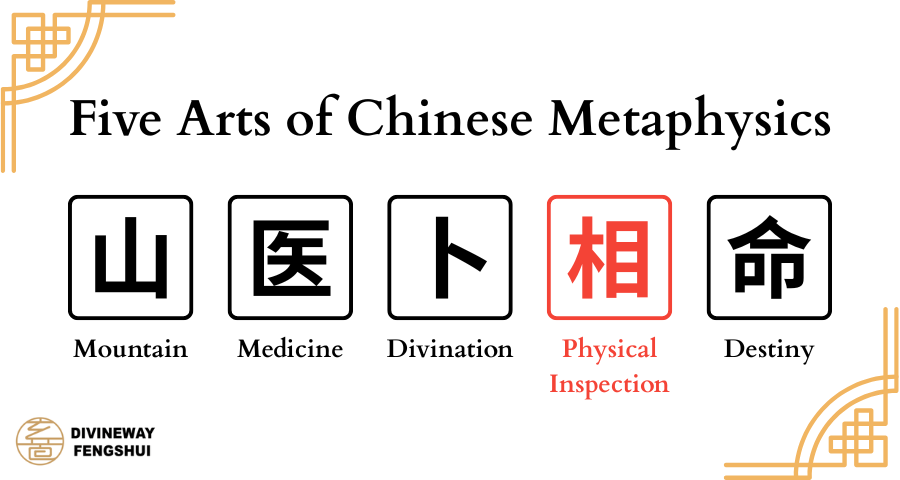
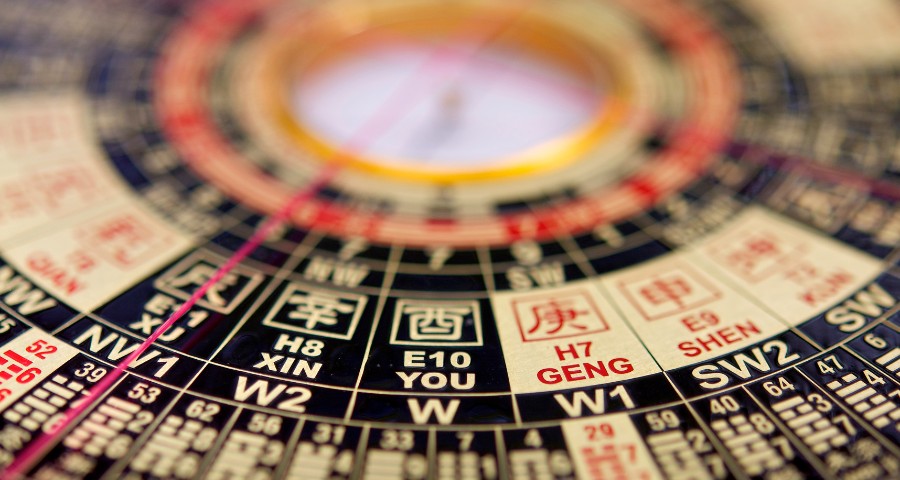
 James H.
James H.